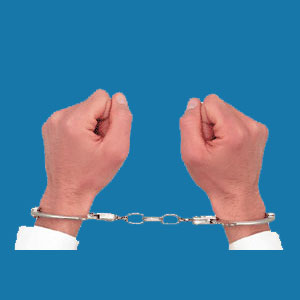
A theft investigation can take many forms, from simple instances of missing property to matters of international intrigue and espionage. Theft, in all its forms, is the most common criminal practice and the subject of more investigations than any other penal code charge. Private investigators can be actively involved in many aspects of theft cases, including finding the perpetrator, located the stolen property and even clearing the names of people who are unfairly and falsely accused of thievery crimes.
This essay examines the role played by professional detectives in various types of theft cases.
Theft Investigation Assignments
There are countless types of theft which can result in professional investigation assignments. Although police and other law enforcement officers will handle the official criminal investigations for reported instances of theft, private eyes may become involved for many different reasons.
Here are some of the most prevalent types of theft cases involving a professional investigator: intellectual property theft, larceny, robbery, piracy, burglary, embezzlement, shoplifting, identity theft and fraud.
While private detectives are not primary investigative specialists for most criminal matters, they must still be experienced and comfortable working closely with law enforcement, since the civil and criminal ends of an investigation are often closely related.
Thievery Inquiry Facts
Theft is defined as taking possession of a physical or intellectual item of property without permission from its rightful owner or guardian. Theft occurs all over the world on large and small scales and is the most investigated of all crimes.
Private eyes can help to identify thieves and locate stolen property. Private investigators can help prove and prosecute intellectual property theft cases using surveillance and other valuable skills.
Private detectives can also help clear the name of a person who is innocent of theft, but charged with the crime nonetheless. Professional investigators can be retained by victims of theft or people who are falsely accused of theft directly.
However, in many instances, investigators are retained by the insurance companies that are forced to pay claims on stolen goods. This niche facet of insurance investigation can be very lucrative when the stolen items are expensive and covered under full-replacement policies.
Theft Investigation Overview
Private investigators can be far more effectual than police when it comes to solving many theft matters. Private sector detectives have powers and privileges that are not granted to law enforcement officers and can infiltrate deeper into society to uncover valuable intelligence which may prove vital for solving a thievery case.
To learn more about using a private eye to help you solve a theft matter, and possibly even locate the stolen property, contact a licensed professional investigator or ask a local investigative association for a referral.


